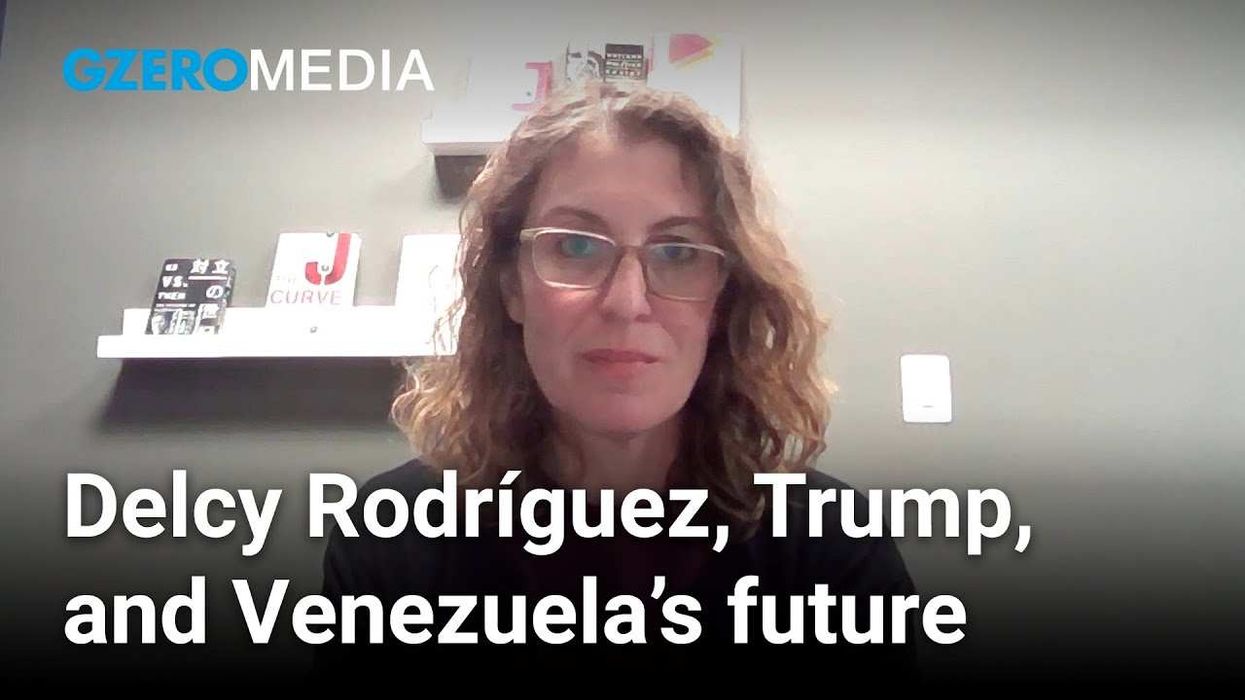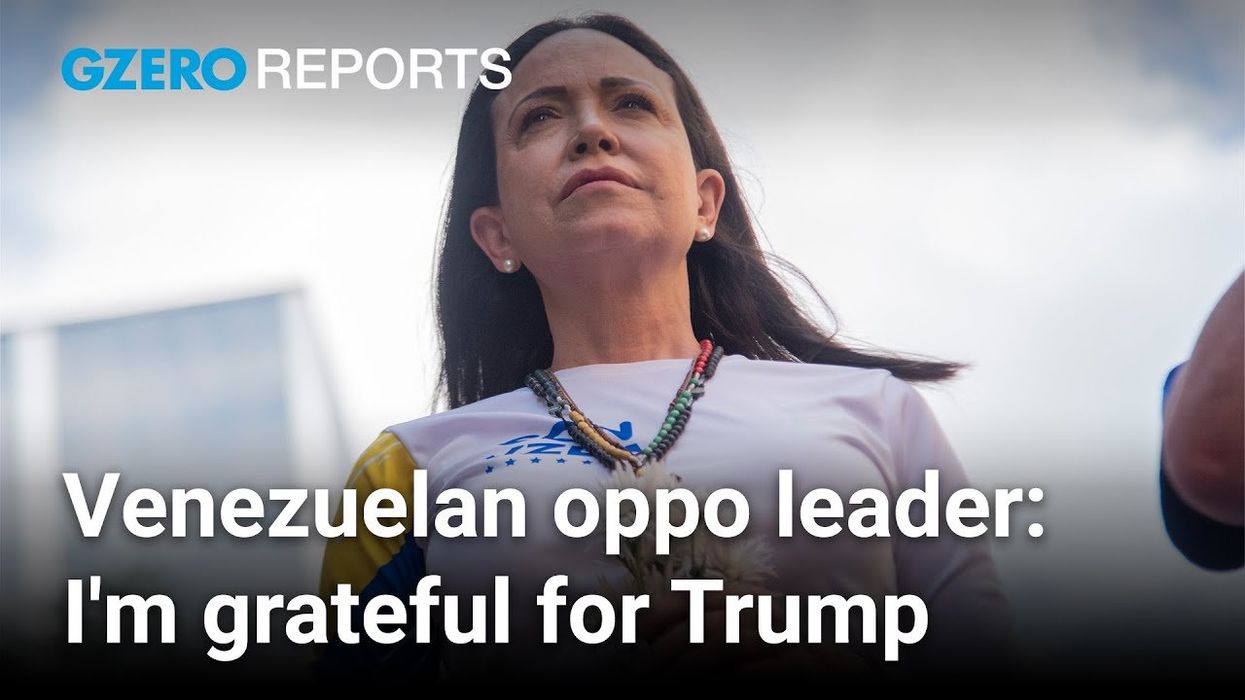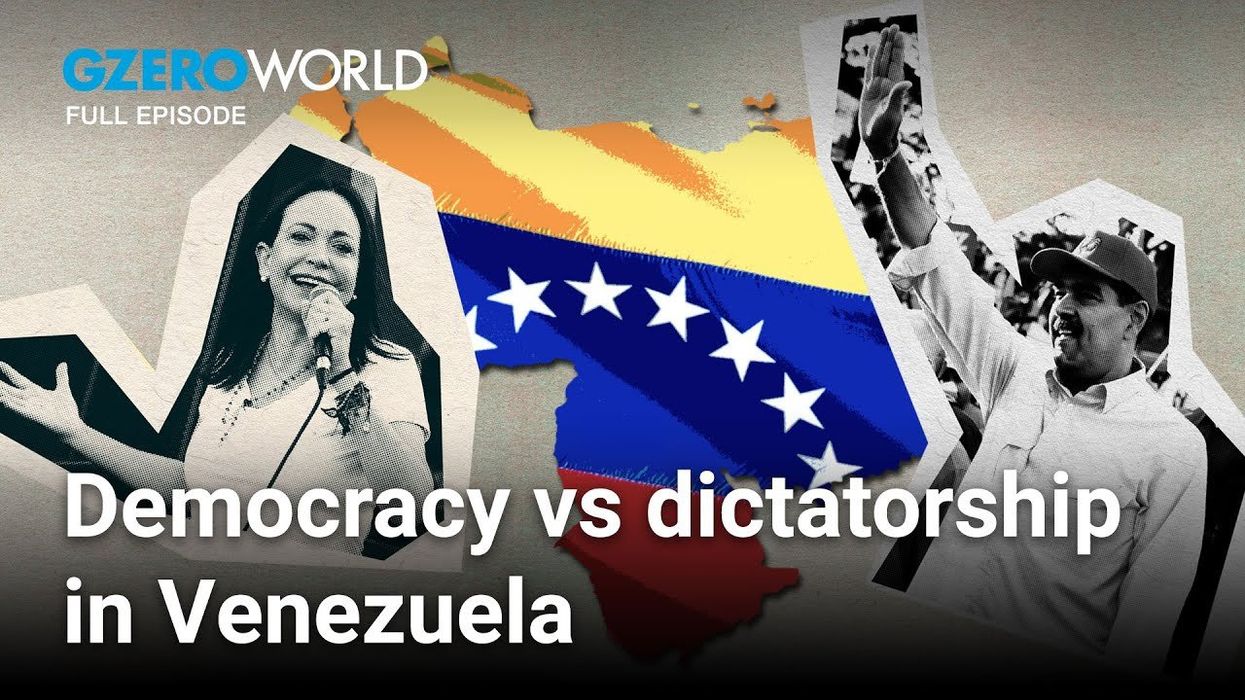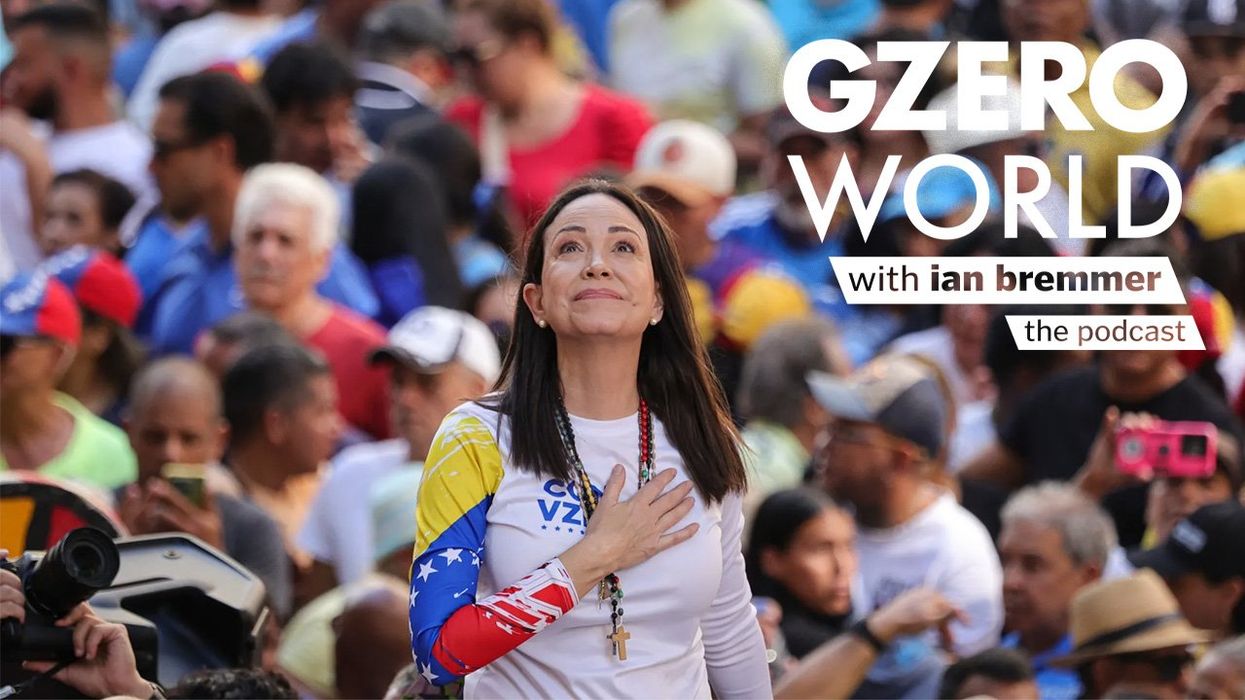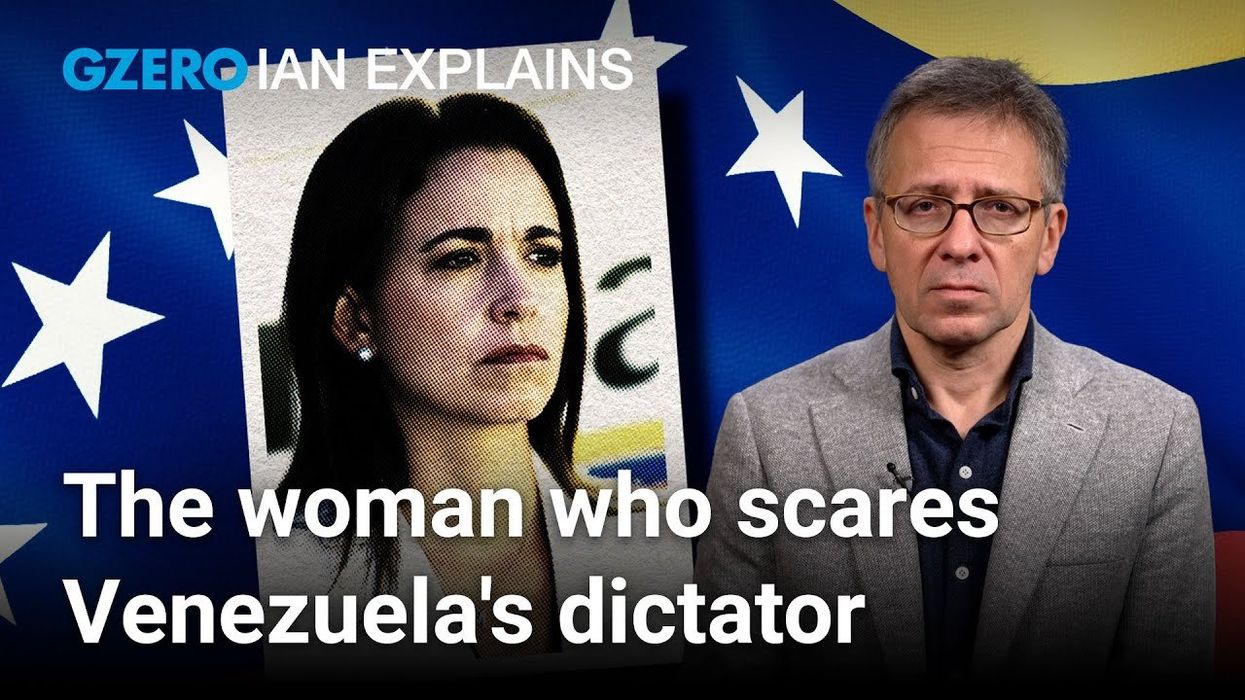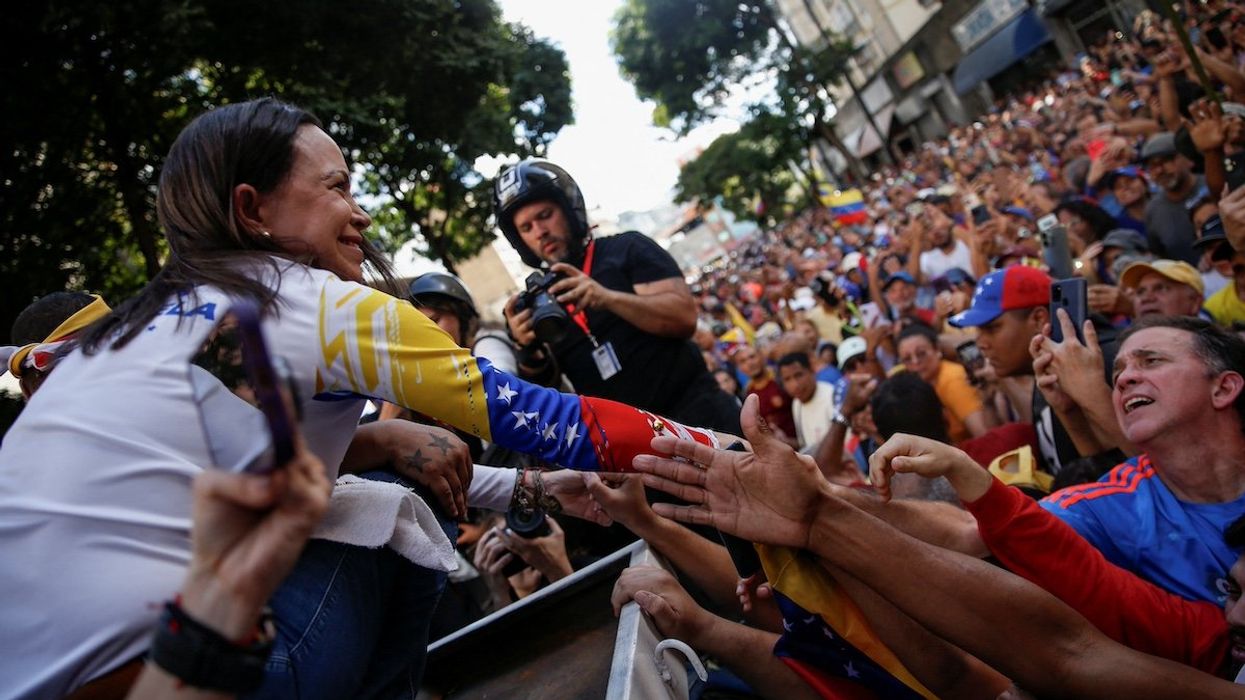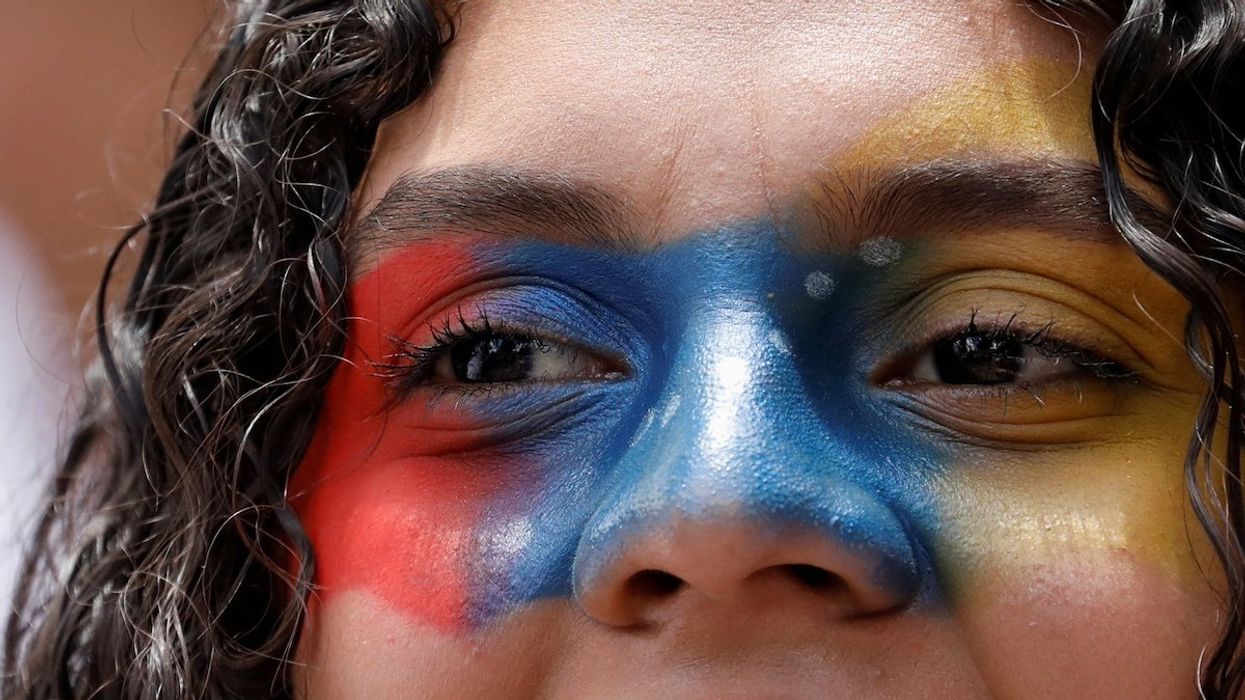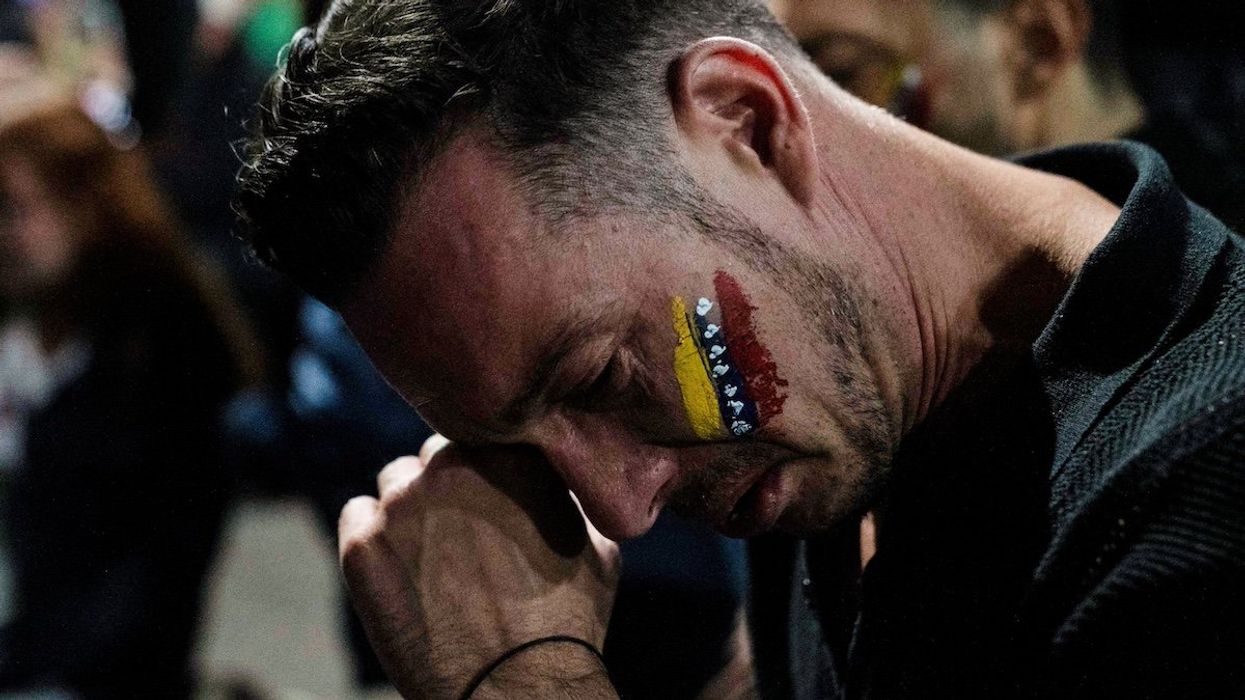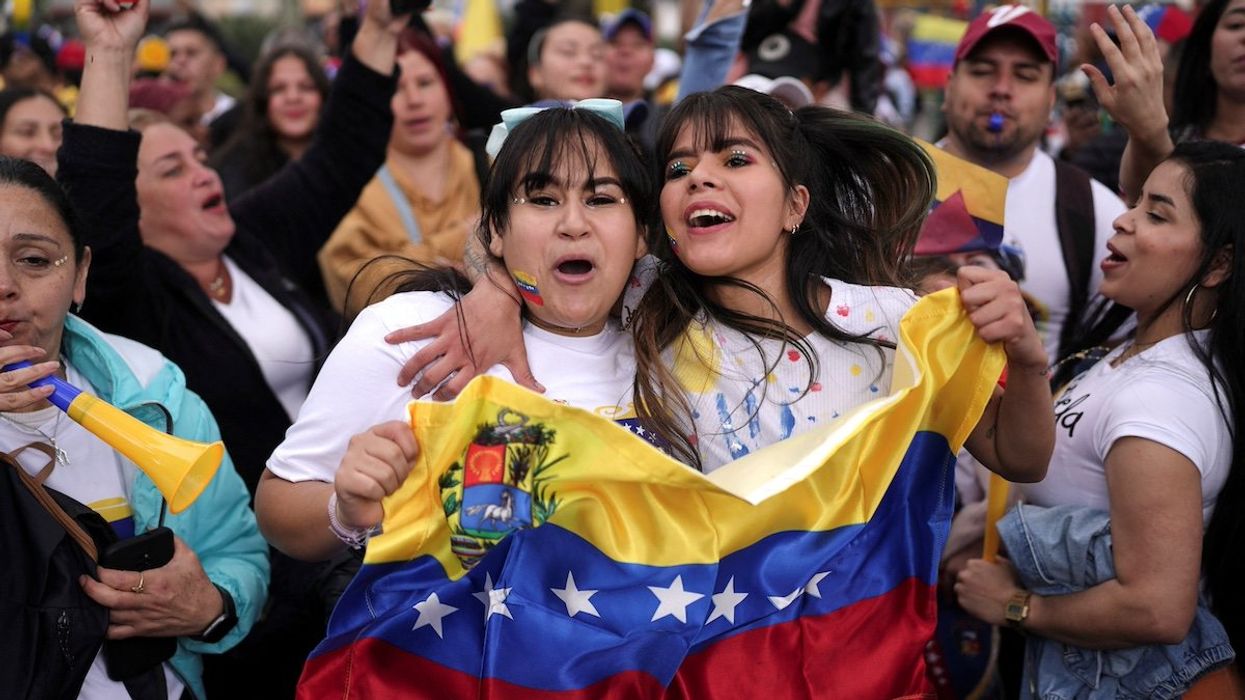GZERO Live
Venezuela’s new leadership?
Is Venezuela entering a real transition or just a more volatile phase of strongman politics? In GZERO’s 2026 Top Risks livestream, Risa Grais-Targow, Director for Latin America at Eurasia Group, examines Delcy Rodríguez’s role as Venezuela's interim president after Nicolás Maduro.
Jan 06, 2026
